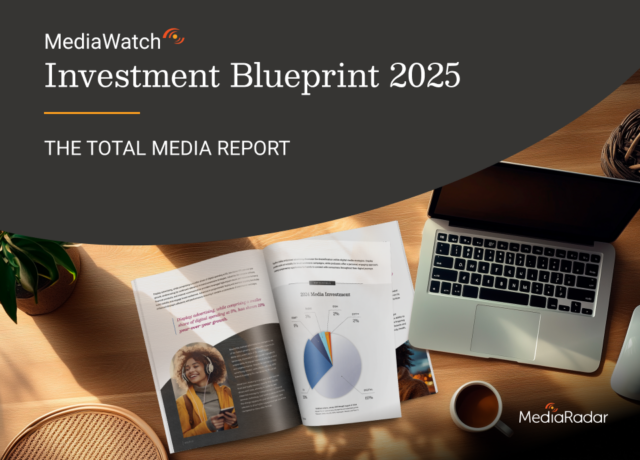Whether you’re excited for it or dreading it, the 2020 election is just around the corner. Politics aside, the election cycle has a real impact on the advertising industry — particularly industries with a heavy lobbying presence or ‘thought leader’ role.
In general, most categories of spending in thought-leader media remain unchanged during elections. But there is one exception: pharmaceutical companies.
Big Pharma Changes Ad Spending & Ad Creative
Big Pharma changes where it is spending around an election cycle — but it also changes up the creative aspect of the ad. In terms of spending levels, both Johnson & Johnson and Pfizer boosted their spend during the three month window of September-November 2016, compared to both the three month average of 2015 and 2017.
In terms of ad creative, Big Pharma tends to place a bigger focus on research and development, creating a ‘halo-effect’ around the ways that they are changing lives and the future. In non-election years, ad creatives tend to be much more product-focused.
Toward the end of 2016, instead of product-focused marketing, Big Pharma communicated about their commitment to research and development — and continuing need to develop new cures. Take Merck and Pfizer for example.
The copy reads:
“At Merck, we are proud to be a part of the great progress being made in the fight against cancer. But cancer remains a devastating disease that threatens to limit us in what we dare to achieve. Our researchers are working to invent new ways to fight cancer — and ultimately, to find a cure. We are taking on the world’s most challenging diseases so that people can go on, unburdened, to experience, create and live their best lives.”
The copy reads:
“New medicine is always a marathon. Our scientists use their training to make medicines that endure. To produce just one of those medicines, it takes 5,000 researched compounds, 87 different protein structures, 500,000 lab tests, 1,600 scientists, 36 clinical trials, 8,500 patient volunteers, and 12 years of relentless hard work. Research and development is only one part of a medicine’s journey.”
The message is clear. At a time when many villainize Big Pharma, it’s clear that the effort was to emphasize the good these firms do – and presumably to reduce regulation and tax towards pharmaceutical companies around the election cycle.




